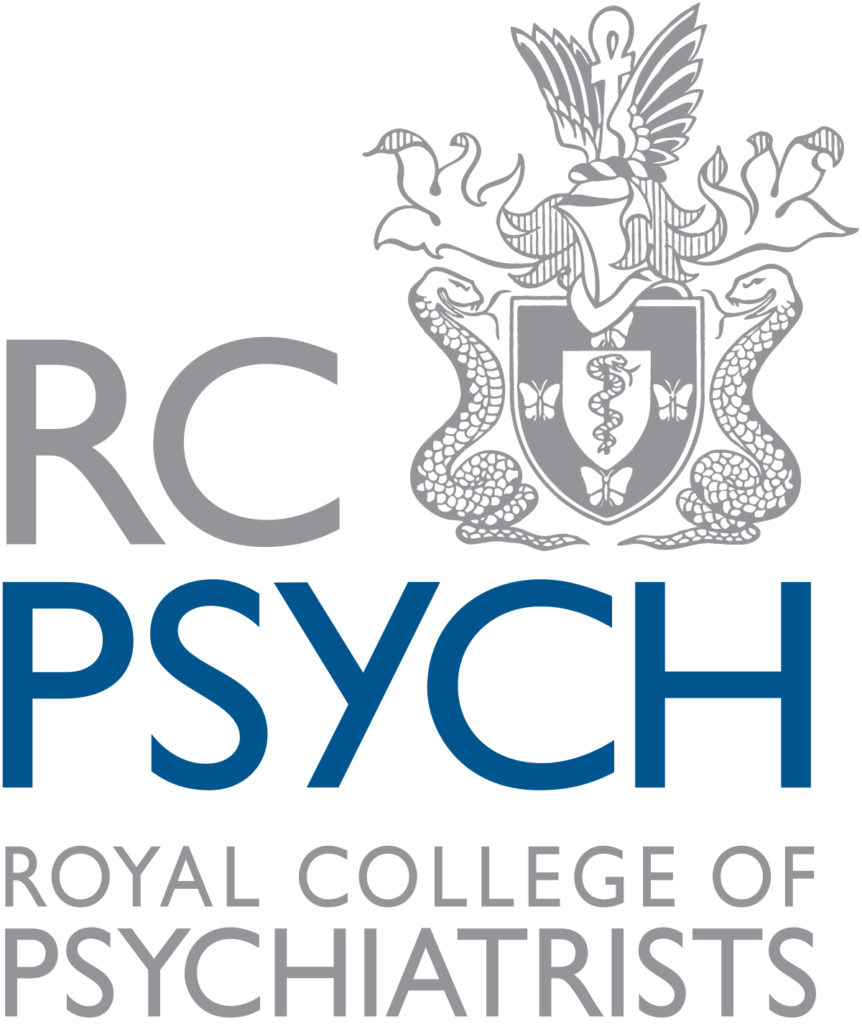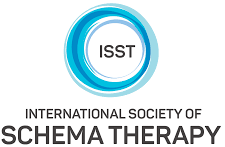
Intro
If you are struggling with social anxiety, you are not alone. Social anxiety disorder affects millions of people and can have a significant impact on daily life. Fortunately, there are many social anxiety treatment options available that can help to manage this condition. In this blog post, we will discuss proven methods for overcoming social anxiety and what types of mental health support are available. We will also provide helpful tips for managing the symptoms of social anxiety and living a healthier life.
Understanding Social Anxiety
Social anxiety is a common mental health condition characterized by intense fear and discomfort in social situations. It goes beyond mere shyness and can significantly impact a person’s ability to lead a fulfilling life. Those with social anxiety often experience overwhelming self-consciousness, excessive worry about being judged, and a strong desire to avoid social interactions altogether.
To truly understand social anxiety, it’s important to recognize that it is not a personal flaw or weakness. It is a legitimate mental health condition that can be treated with the right approach. Social anxiety can manifest in a variety of ways, such as a fear of public speaking, initiating conversations, or attending social events. The severity of the symptoms can vary from person to person.
Social anxiety treatment typically involves a combination of therapy and medication. Cognitive-behavioral therapy (CBT) is often considered the gold standard for treating social anxiety. It helps individuals identify and challenge negative thoughts and beliefs that contribute to their anxiety. Through exposure therapy, individuals gradually confront their fears and learn healthier coping strategies.
In some cases, medication may be prescribed to help manage symptoms. Anti-anxiety medications and selective serotonin reuptake inhibitors (SSRIs) are commonly used to alleviate the intense anxiety associated with social situations. Understanding social anxiety is the first step towards seeking help and finding effective treatment options. It is essential to remember that social anxiety is a manageable condition, and with the right support and resources, individuals can overcome their fears and lead more fulfilling lives.
Common Symptoms of Social Anxiety
Social anxiety can manifest in a variety of ways, and recognizing the common symptoms is the first step toward seeking appropriate mental health treatments. Individuals with social anxiety often experience excessive fear or worry in social situations, leading to a strong desire to avoid them altogether. Some of the most prevalent symptoms include an overwhelming fear of judgment or embarrassment, an intense fear of being the center of attention, and a constant worry about saying or doing something embarrassing.
Physical symptoms may also accompany social anxiety, such as a rapid heart rate, trembling or shaking, sweating, and shortness of breath. Other symptoms can include nausea, dizziness, and stomach pains. These symptoms can be distressing and often exacerbate the individual’s anxiety, making it even more challenging to participate in social interactions. As a result, social anxiety can have a significant impact on an individual’s daily life, affecting their relationships, academic or professional performance, and overall well-being.
Recognizing these symptoms is crucial in seeking proper treatment and support. It is important to remember that social anxiety is a common and treatable condition. Seeking support from a mental health professional, such as Dr Steven Joseph at English Doctor Barcelona can provide individuals with the guidance and resources needed to manage their symptoms and improve their quality of life. (Dr Joseph also offers online therapy sessions for people who live outside of Barcelona).
Coping Strategies for Social Anxiety
“Coping with social anxiety can be difficult, but it is possible with the right tools and techniques. Some strategies that can be helpful include practicing mindfulness and relaxation techniques, setting achievable goals and rewarding yourself for small successes, challenging negative thoughts and beliefs, and seeking support from loved ones or a therapist” says Dr Joseph.
It’s important to remember that there is no one-size-fits-all approach to coping with social anxiety and that finding the right treatment for you may take time. However, there are many effective mental health treatments available, including CBT (as mentioned) as well as Schema Therapy and EMDR. It’s also important to find a qualified and experienced mental health professional to guide you through the process of managing your social anxiety. Don’t be afraid to reach out for help – there is no shame in seeking treatment and support.
Medications for Social Anxiety
While therapy is often the first line of treatment for social anxiety, medications can also help manage symptoms. It’s important to note that medication should always be prescribed and monitored by a qualified healthcare professional.
The most commonly prescribed medications for social anxiety are selective serotonin reuptake inhibitors (SSRIs). These medications work by increasing the levels of serotonin in the brain, which helps regulate mood and reduce anxiety. Examples of SSRIs commonly used for social anxiety include Sertraline, Fluoxetine, and Escitalopram.
Benzodiazepines may also be prescribed for short-term relief of symptoms, although they are generally not recommended for long-term use due to the risk of dependency and potential side effects. These medications work by enhancing the effects of the neurotransmitter gamma-aminobutyric acid (GABA), which helps calm the central nervous system.
Other medications, such as beta-blockers, may be prescribed to help manage physical symptoms of anxiety, such as rapid heartbeat and trembling. These medications work by blocking the effects of adrenaline, reducing the physical symptoms of anxiety.
It’s important to work closely with your healthcare provider to find the right medication and dosage that works best for you. They will be able to assess your individual needs and monitor your progress to ensure the most effective treatment for your social anxiety.
Alternative and Complementary Treatments for Social Anxiety
While cognitive-behavioral therapy and medications are often the go-to treatments for social anxiety, there are also alternative and complementary options available that can be effective in managing symptoms. These treatments can be used alongside traditional therapies or as standalone approaches, depending on an individual’s preference and needs.
Alternative treatments such as acupuncture and herbal remedies have shown promise in alleviating social anxiety symptoms. Acupuncture, a traditional Chinese medicine practice, involves inserting thin needles into specific points on the body to promote relaxation and balance. Some individuals have reported reduced anxiety levels and improved social functioning after receiving acupuncture treatments.
Herbal remedies, on the other hand, include natural supplements such as passionflower, valerian root, and lavender. These herbs have calming properties and can help individuals manage anxiety symptoms. It’s essential to consult with a healthcare professional before trying any herbal remedies to ensure they are safe and suitable for you.
Alternative and complementary treatments can be valuable additions to a comprehensive social anxiety treatment plan. By exploring different options and finding what works best for you, you can take steps towards overcoming social anxiety and living a fulfilling life. Remember to always consult with a healthcare professional before starting any new treatments or therapies to ensure they are appropriate for your specific needs and circumstances.
Support Networks for Social Anxiety
Living with social anxiety can feel isolating and overwhelming. You may feel like no one understands your struggles or like you’re alone in your experiences. Fortunately, there are support networks available to help you manage your social anxiety.
Online communities: One of the easiest ways to connect with others who experience social anxiety is through online forums and communities. Social anxiety forums provide a space to share experiences, discuss coping strategies, and connect with others who understand your challenges.
Group therapy: Many therapists offer group therapy specifically designed to help people with social anxiety. Group therapy can provide a safe and supportive environment to practice social skills, receive feedback, and learn from others.
Support groups: Support groups offer a more informal approach to social anxiety management. You can connect with others who have similar struggles and learn from each other’s experiences. Support groups may be led by peers or trained professionals.
Self-help resources: Self-help books, online courses, and other resources can also provide guidance and support. These resources often offer practical tips for managing social anxiety and may include exercises to help you develop social skills.
Remember, seeking out support networks can help you feel less alone and provide a sense of community. Whether it’s through online forums, group therapy, support groups, or self-help resources, connecting with others who understand your struggles can help you cope with social anxiety more effectively. It’s important to note that while support networks can be incredibly helpful, they should never replace professional treatment for social anxiety. These resources can be a great complement to therapy and medication, but they cannot provide the same level of care that a trained mental health professional can.
When looking for a support network, consider what type of environment would best suit your needs. Online forums can be convenient and accessible, but they may not provide the same level of connection as in-person groups. Similarly, group therapy may feel more structured and formal than a support group led by peers.
It’s also important to remember that not every support network will be the right fit for you. If you try a particular resource and find it’s not helpful or not what you’re looking for, don’t be afraid to try something else. Finding the right support network can take time and effort, but it can be incredibly rewarding when you find a group of people who understand and support you.
Overall, seeking out support networks is an important part of managing social anxiety. Whether you’re looking for a safe and supportive space to practice social skills, learn from others’ experiences, or simply connect with others who understand your struggles, there are resources available to help you on your journey toward better mental health.
If you would like to work with a therapist to help you overcome social anxiety, reach out to English Doctor Barcelona where our mental health specialist, Dr Steven Joseph can assist you. He offers both in-person and online consultations.
Email: info@englishdoctorbarcelona.com
Website: www.englishdoctorbarcelona.com
Tel/Whatsapp: +34 662 29 11 91













